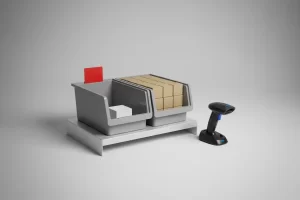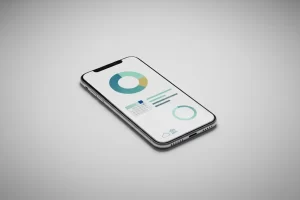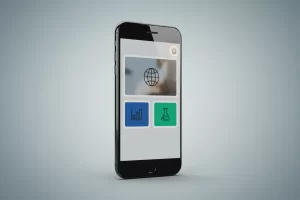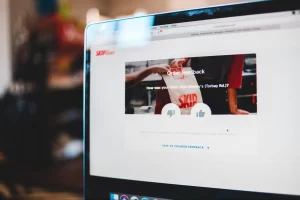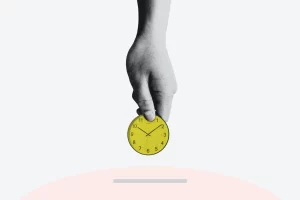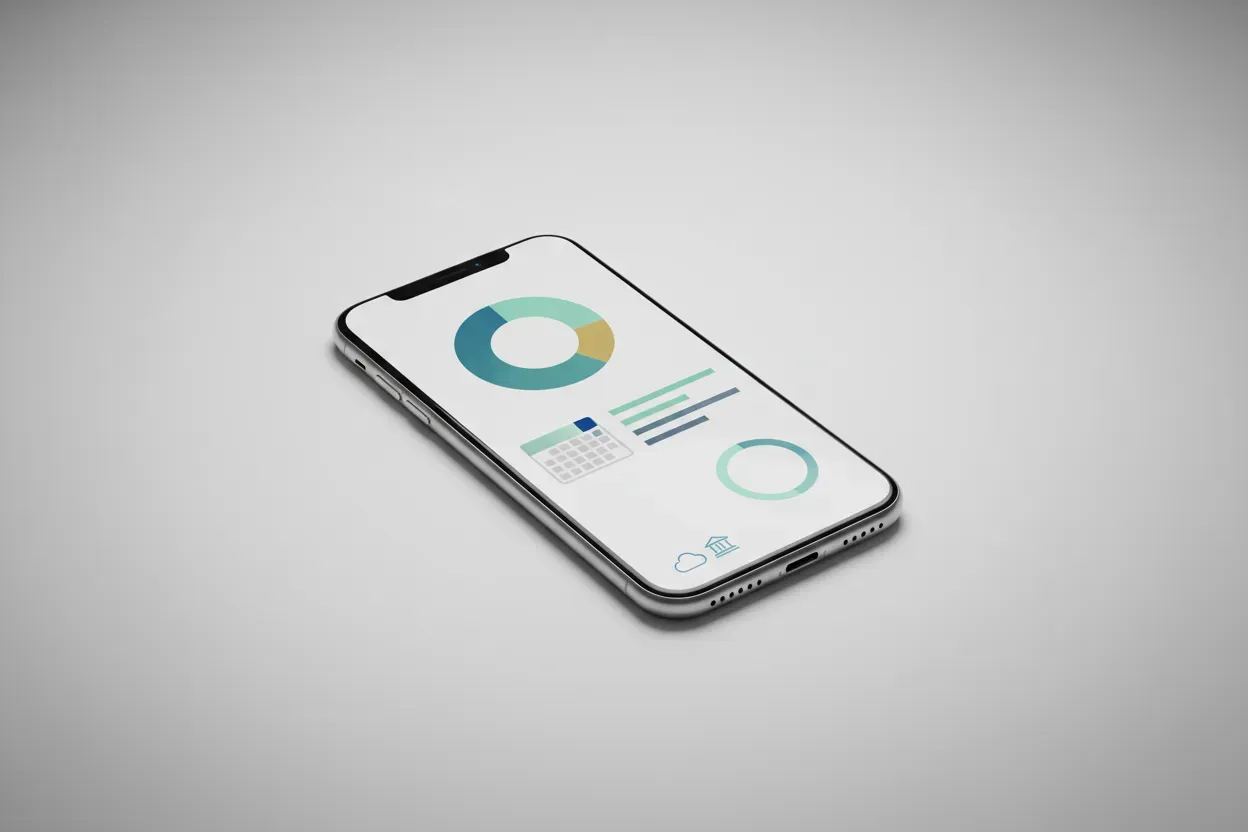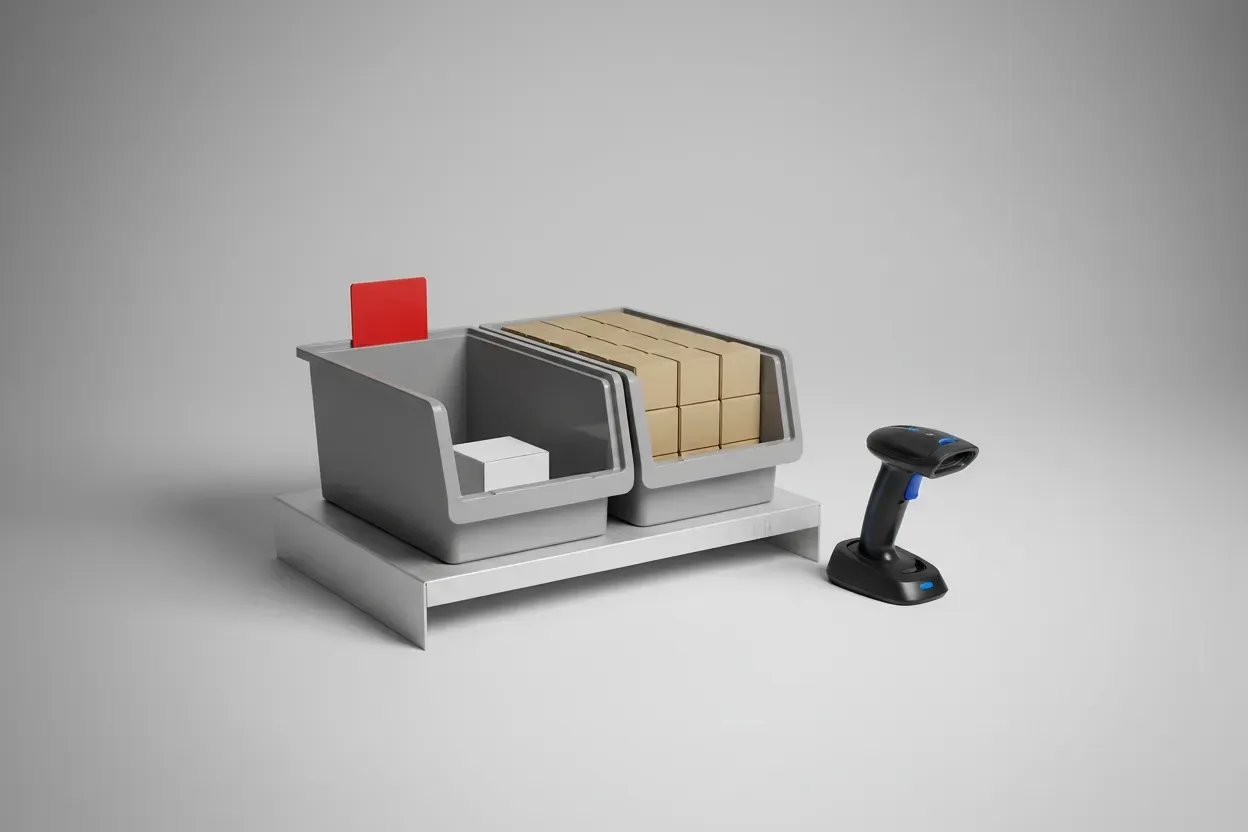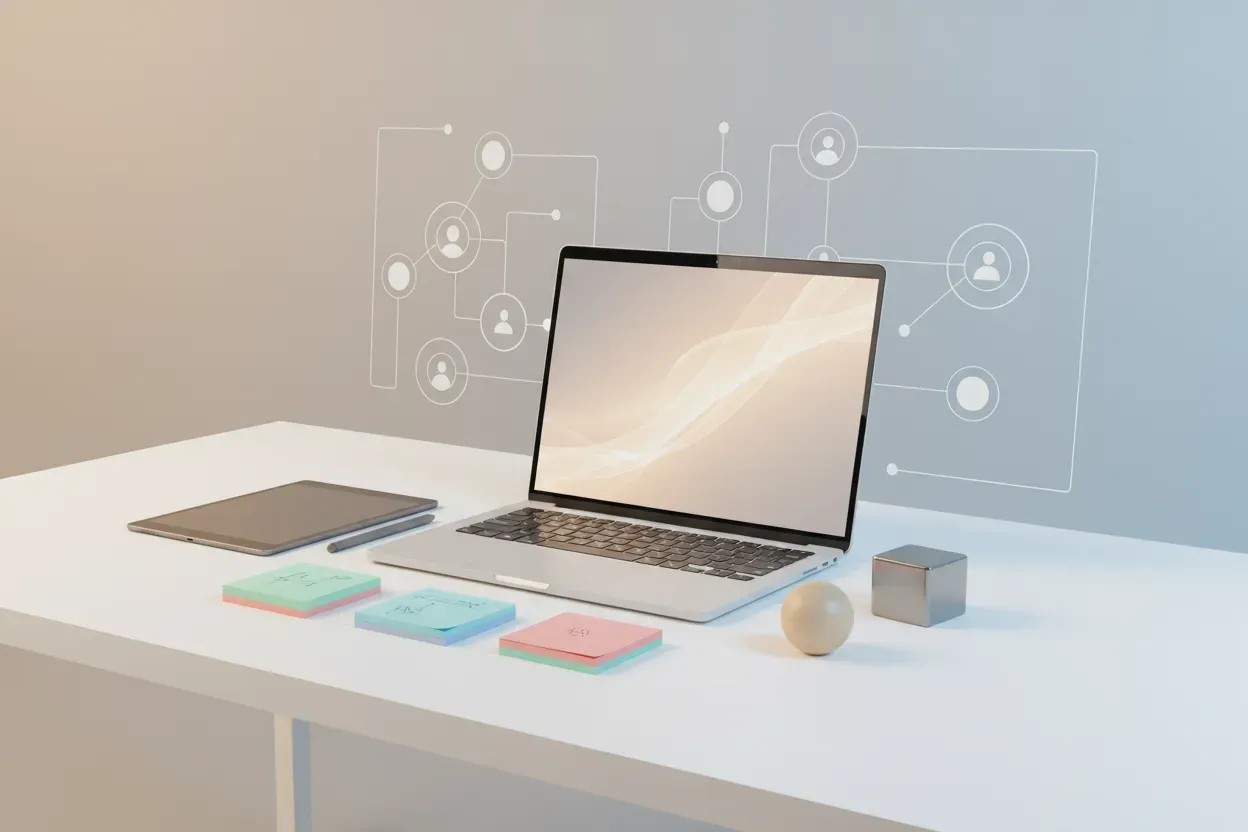How to Overcome Business Setbacks: 11 Stories and Lessons Learned
Business setbacks are inevitable, but they don’t have to derail your success. This article presents real-world stories and valuable lessons from industry experts who have faced and overcome significant challenges. Discover how these professionals turned obstacles into stepping stones, providing you with actionable strategies to transform setbacks into opportunities for growth and innovation.
- Turn Setbacks into Growth Opportunities
- Pivot to Build Resilience
- Embrace Challenges as Learning Experiences
- Transform Product Failure into User-Centric Success
- Creative Problem-Solving Builds Client Trust
- Focus on User’s First Win
- Repackage Setbacks as New Opportunities
- Act on Data, Not Assumptions
- Rebuild for Long-Term Success
- Transform Crisis into Strategic Advantage
- Proactive Solutions Turn Challenges into Trust
Turn Setbacks into Growth Opportunities
At NYC Meal Prep, setbacks and failures are inevitable, but we view them as opportunities for growth rather than obstacles. One example of a challenging situation I faced was when a client had an issue with a meal service delivery due to an error in communication. We had missed the timing for a scheduled meal, and this impacted the client’s experience. It was a significant blow because we always strive for perfection in our service.
To overcome this, I took immediate ownership of the situation. I personally reached out to the client, apologized, and offered a free meal as compensation. We also used this as an opportunity to streamline our internal communication processes by implementing a more structured system for scheduling and confirming orders. Additionally, I made sure the entire team was involved in discussing the importance of clear communication and customer service standards.
The result was that the client appreciated the quick resolution and became a loyal customer. Internally, we became more organized and efficient, which helped prevent similar issues from happening again. The experience taught me that being proactive, owning mistakes, and constantly improving our processes can not only resolve issues but also turn setbacks into stepping stones for stronger relationships with both clients and our team at NYC Meal Prep.
 Keagan Stapley
Keagan Stapley
Owner, NYC Meal Prep
Pivot to Build Resilience
We treat setbacks as part of the process–not roadblocks, but sharp turns. One tough challenge? Early on, we lost a big client that constituted a significant portion of our revenue. It was a total gut punch. However, instead of scrambling to replace them with another “whale,” we restructured our offer to attract more mid-sized clients with shorter commitments and faster onboarding.
That pivot forced us to become leaner, sharper, and more scalable. Within six months, we had more clients, less risk, and a much stronger foundation. The big lesson? Don’t chase stability–build resilience. Every failure is a signal. The trick is listening.
 Justin Belmont
Justin Belmont
Founder & CEO, Prose
Embrace Challenges as Learning Experiences
Setbacks and failures are inevitable, especially as a CEO. The key is learning to embrace them as part of the journey rather than seeing them as roadblocks. When a setback hits, my first instinct is to take a step back and look at it from a broader perspective. I ask myself, “What can I learn from this, and how can it make us stronger moving forward?” It’s about turning challenges into opportunities for growth and self-reflection, both for myself and the team.
One specific example is when we invested significant time and resources into a product launch that didn’t meet expectations. It felt like a huge hit at the time, but instead of dwelling on the failure, we shifted focus to understanding why it happened. We broke down the process, analyzed what went wrong—from market fit to messaging—and used that data to reshape our approach for the next launch. That experience taught us more than any success could have about resilience and adapting to market feedback.
I’ve also learned that self-care during these moments is crucial. After the initial reflection, I take time to reset—whether it’s stepping away for a weekend or just making space for quiet moments. It helps clear my mind, recharge, and come back ready to tackle the next challenge with fresh perspective.
 Michael Lazar
Michael Lazar
CEO, Content Author
Transform Product Failure into User-Centric Success
As the Founder and CEO of Zapiy.com, I’ve learned that setbacks and failures are inevitable in business, but it’s how you respond to them that truly matters. Over the years, I’ve come to embrace failures as opportunities for growth and learning, rather than something to be feared or avoided.
One of the most challenging moments I faced occurred early on when we launched a new feature that we thought would be a game-changer for our users. We had put in a lot of resources, time, and energy into it, expecting it to deliver significant value. However, after the launch, the feedback wasn’t what we anticipated. Users were either indifferent or confused, and the feature didn’t drive the engagement or adoption we had hoped for.
At first, it felt like a major setback. It was disappointing to see something we had invested so much effort into not resonate with our audience. But instead of dwelling on the failure, I took a step back to reflect on what went wrong and how we could move forward. We reached out to our users directly, asking them for detailed feedback. We ran surveys, conducted one-on-one interviews, and tried to understand why the feature wasn’t landing as we had hoped. What I realized was that, while the feature was technically sound, it didn’t fully align with our users’ immediate needs. It was more of a “nice-to-have” rather than a “must-have.”
This experience taught me two valuable lessons. First, it highlighted the importance of listening to your customers before assuming what they want. We should have involved them earlier in the development process to ensure we were on the right track. Second, it reinforced the need to pivot quickly when things aren’t working. Rather than continuing to invest in a feature that wasn’t working, we shifted focus and refined our product to better meet the actual needs of our users.
By embracing the feedback and adjusting our approach, we were able to launch a new version of the feature that users loved. It taught me that failure isn’t the end; it’s a chance to learn, adapt, and improve. Setbacks are a natural part of the entrepreneurial journey, but if you approach them with the right mindset, they can be some of your greatest opportunities for growth.
Creative Problem-Solving Builds Client Trust
When faced with a last-minute venue flooding that threatened to derail a high-profile corporate gala, we transformed the crisis into an opportunity by quickly securing a scenic waterfront alternative and revising our menu to include local seafood specialties that better suited the new location. The incident taught us to develop multiple contingency plans for every event element–not just the obvious ones. We now maintain relationships with backup venues across the Bay Area and design “adaptable menus” that can be quickly modified based on location changes or unexpected supply issues. Our greatest lesson was realizing that transparent communication during crises builds deeper client trust than flawless execution alone–the client became a loyal advocate after seeing our creative problem-solving under pressure.
 Marissa Daskalakis
Marissa Daskalakis
Small Business Owner/Chef, Fete Fraiche
Focus on User’s First Win
One of the toughest setbacks we encountered was during the beta launch of SpeakerDrive. We had spent months fine-tuning the technology—beautiful UI, sharp targeting, solid scraping logic. However, once we opened the doors, the feedback hit hard: “This is cool, but… what exactly am I supposed to do with it?”
It turned out that we had built a tool with all the features we thought people needed—without guiding them through the real-world workflow of using it. Our early users were stuck staring at data, not opportunities.
We paused the feature roadmap entirely and shifted to building onboarding flows and real-time recommendations. It wasn’t glamorous. We had to rewire how we thought about user experience—less like a dashboard, more like a GPS.
The lesson is that failure isn’t usually a tech issue—it can also be a clarity issue.
If your users don’t know how to win with your product, you’ve already lost. Now, every new rollout starts with one question: What’s the first win a user gets within five minutes? If we can’t answer that, we don’t ship.
 Austin Benton
Austin Benton
Founder, Speaker Drive
Repackage Setbacks as New Opportunities
Setbacks are inevitable in business, but we try to view them as learning opportunities rather than roadblocks. One example that stands out is when a large corporate gifting order fell through at the last minute after we had already sourced the products. Instead of letting it go to waste, we pivoted quickly and repackaged the items into smaller themed gift boxes for individual customers and real estate agents. Not only did we recover most of the cost, but we also gained new clients in the process. That experience reminded us of the importance of flexibility, resourcefulness, and staying solution-oriented when plans change.
 Veronica Cockerham
Veronica Cockerham
Owner/Founder, Apple Blossom Gift Baskets
Act on Data, Not Assumptions
In the self-storage business, setbacks are inevitable–whether it’s unexpected construction delays, shifts in local demand, or operational hiccups. The key is to approach each challenge with a problem-solving mindset and a willingness to adapt quickly.
One example that stands out is when we launched a new facility in an area we expected to have strong demand, only to find move-ins were much slower than projected. Rather than wait it out, we reassessed our local marketing strategy, spoke directly with residents and business owners in the area, and discovered that our visibility was the issue–people simply didn’t know we were there. We responded by increasing signage, launching a targeted local ad campaign, and partnering with nearby businesses for cross-promotion.
The results came quickly, and we not only filled units but also strengthened our brand awareness in the community. That experience taught us the importance of staying close to the customer, being flexible, and acting on data rather than assumptions. Setbacks will happen, but how you respond defines your long-term success.
 Tyler Harper
Tyler Harper
Co-Founder, Homegrown Storage
Rebuild for Long-Term Success
Setbacks are part of running a business, and I view them as opportunities to improve. At Noterro, we hit a major challenge when our early infrastructure couldn’t keep up with the growing demand. Core functions like scheduling and billing weren’t scaling the way we needed them to.
Instead of applying short-term fixes, we made the decision to rebuild key components of the platform. This shift allowed us to introduce automation across routine tasks–appointment scheduling, billing, reminders, digital SOAP notes, and AI-generated documentation.
That experience reinforced the value of listening to users and being willing to make tough, strategic decisions. Long-term success often depends on how well you respond when things don’t go as planned.
 Ryan Barichello
Ryan Barichello
Co-Founder, Noterro
Transform Crisis into Strategic Advantage
We believe setbacks are really just setups for comebacks. At Keller Executive Search, we face challenges like any business, but it’s how we respond that defines us.
One of our toughest moments came during the pandemic when several major clients froze their hiring plans overnight. We lost 40% of our confirmed searches in a single week. The situation looked bleak – our team was worried, and honestly, so were we.
Instead of panicking, we gathered our team and got honest about where we stood. We decided to pivot quickly and focus on industries that were still hiring: healthcare, technology, and essential services. We called every contact we had in these sectors.
What surprised us was how this challenge pushed us to improve. We developed virtual interviewing protocols that many clients now prefer. We created a talent pipeline program that’s become one of our most valuable services today.
The biggest lesson? Don’t waste a good crisis. When things fall apart, that’s when you can see what needs rebuilding. We learned to listen better – to our team, to clients facing their own struggles, and to candidates navigating uncertain waters.
We also learned the power of transparency. By sharing our challenges openly with clients and candidates, we built deeper trust. Many told us they appreciated our honesty when other firms were pretending everything was fine.
Today, we’re stronger because of that difficult period. We’re more adaptable, more innovative, and more connected to what really matters in our business: helping people and organizations find their best match, especially during uncertain times.
When you hit a wall in business, the question isn’t whether you’ll face setbacks – it’s how quickly you can transform them into opportunities.
 Julia Yurchak
Julia Yurchak
Talent Sourcing, Acquisition & Management Specialist| Senior Recruitment Consultant, Keller Executive Search
Proactive Solutions Turn Challenges into Trust
At Mighty Vault Storage, setbacks and challenges are part of the journey, especially in a business that deals with seasonal demand and large vehicle storage like RVs and boats. The key is to stay flexible, listen to customer feedback, and be willing to adapt quickly when things don’t go as planned.
One challenge we faced was during an unusually rainy season, which affected our outdoor RV storage area. Some customers were concerned about water pooling and accessibility. Instead of waiting for complaints to pile up, we took immediate action—grading the surface to improve drainage and adding gravel in key areas. We also communicated proactively with tenants to let them know improvements were underway. The experience taught us the importance of being responsive and transparent. By taking ownership and acting quickly, we turned a potential retention issue into an opportunity to build trust with our customers.
 Samuel Lee
Samuel Lee
Managing Sponsor, Mighty Vault Storage



